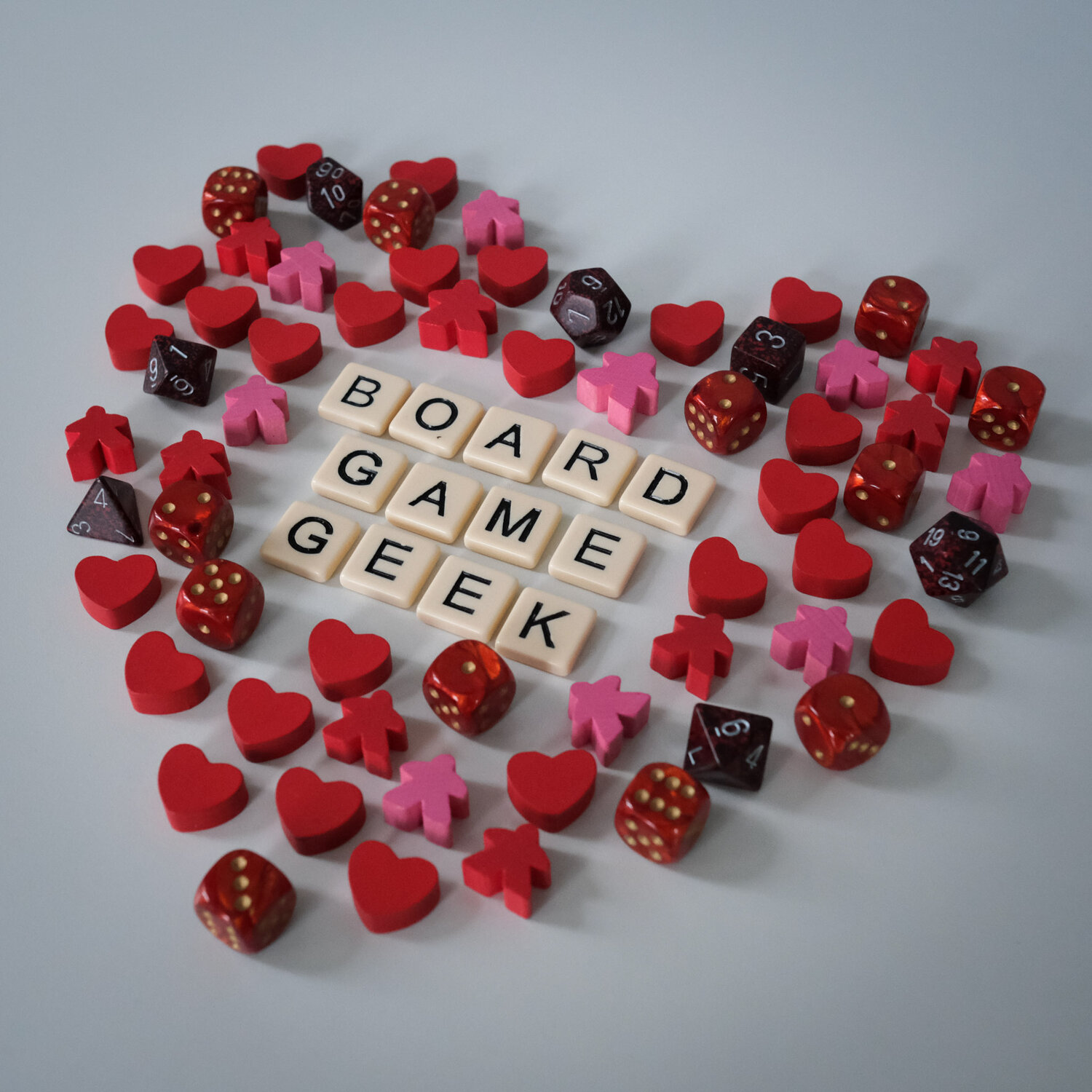
For those already familiar with the above, here are a couple of smaller things you might not have stumbled across yet:
-
Right up at the top of the entry above the game’s title, you can find ‘reimplements’/ ‘reimplemented by’ links, which make it easy to find earlier versions or sequels of the game you’re looking at.
-
On the right-hand side lower down the entry, there’s a grey box headed ‘classification’. In it you can find the game’s key mechanics and theme(s) listed. Clicking on them will take you to a selection of the highest-rated games which feature that mechanic/ theme – an easy way to explore other titles that share a characteristic you enjoy.
-
If you click into the search box in the top right of the screen, before you start typing you’ll see an ‘advanced search’ option appear in the drop down. Clicking on this unlocks a seriously powerful box of tricks. For example, if you know our username (“Treehouse Sheffield”) you can use this to filter The Treehouse’s collection by play time, player count, complexity, minimum age and even specific mechanics. What you’ll get back is a neat list of all the games in our library that meet your criteria, with the most highly-rated ones at the top. Nifty, huh?
#2: One central hub
According to its Wikipedia entry, way back in 2010 BGG was given an award for being “a resource without peer for board and card gamers, the recognized authority of this online community”. It feels to me like this has only become more true over time, which means that if you are a board game designer or a board game-related content producer, you are pretty much guaranteed to have a presence on the site. So, if you know how to find it, the BGG entry for a particular game acts as one central point for creators to post their YouTube reviews and ‘how to play’ videos, for fans to share their photos and rules summaries, and for the designer(s) of the game to answer questions and issue rules clarifications.
“If you know how to find it” is a pretty big “if” though where BGG is concerned – it certainly took me a while to find my way around the myriad different aspects of each listing, and I’m sure there’s plenty more I haven’t discovered. The key to finding the sort of content described above turns out to be the horizontal menu just below the top banner. Here are some highlights:
-
Under ‘forums’ you can find discussion threads about the game, which can be filtered to show just rules questions, often with answers straight from the designer.
-
Under ‘videos’ you can find video content complete with user ratings that again can be easily filtered by language and type (reviews, instructional, interviews, even ‘humour’ specifically about that game… if you dare to go there!).
-
The stuff stored under ‘files’ can be particularly useful – there’s often a .pdf copy of the rule book, plus all kinds of helpful player aids and cheat sheets created by users (the Twilight Imperium 4th Edition files section contains 25 pages of listings!). Some of it might be poor quality, but as ever on BGG, users can (and do) rate the content that’s added so it’s easy to sort the wheat from the chaff.
#3: A generally wholesome vibe
Given what a powerful force BoardGameGeek has become in the tabletop gaming industry, I think it has done a pretty remarkable job of staying true to its community focus and creating a wholesome atmosphere.
Something that stood out when I was delving into BGG’s history is that it’s still run by a surprisingly small team – just half a dozen or so people, with founder Scott Alden still at the helm. In interviews Alden talks about resisting calls from games production companies to step in when ratings on the site go south, with the exception of some back-end algorithms to stop people setting up accounts specifically to trash/ hype large numbers of games. He does also mention the impossibility of imposing any meaningful moderation on the site given the resources at his disposal, but I’ve seen very little unpleasantness between users either on the site itself or on its lively and supportive Facebook group.
One aspect that I now see in a different light after watching the interviews is the user-friendliness of BGG. Alden repeatedly mentions that the question ‘what would I want from this site?’ is never far from his mind, which I must admit surprised me slightly given that usability has never been top of my list of BGG’s best qualities. It all makes more sense now that I know that BGG has mostly been coded by Alden himself plus one other programmer: you get the impression that adding extra functionality to enable shiny new content has tended to take priority over polishing the user interface. Progress has been made recently though, with the new homepage finally making its appearance late last year as part of a significant facelift slowly making its way across the vastness of the site.
Another area where BoardGameGeek has recently made long-overdue progress is in the area of promoting diversity and inclusivity. The uncomfortable significance of the fact that the BGG logo was a white man right up until 2019 only dawned on me recently, but at least a change has now been made, and features like the recent series celebrating Black contributors for Black History Month provide hopeful signs that the changes are more than skin-deep.

دیدگاهتان را بنویسید